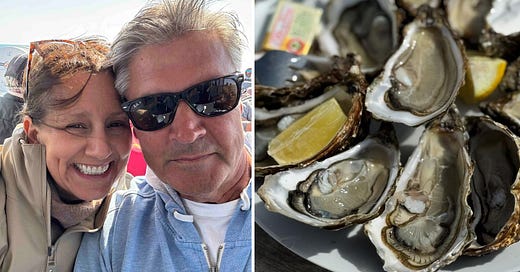One of my favorite aspects of learning any language is understanding the casual expressions of daily life. They teach me a great deal about the culture and what they value.
For years, I’ve heard this particular expression flung around the dinner table anytime I’m dining with my in-laws, because it’s usually directed at me.
“C’est bon pour ce que tu as!” which literally translates to “It’s good for what you have.” This is followed by a big heap of something I’ve already tried to say ‘no thank you’ to, like blood sausage, escargots, or andouillette.
“C’est bon pour ce que tu as!” applies to just about anything you don’t want to try because it will always be “good for what you have,” which keeps me wondering: What exactly is it that I HAVE; that this unappetizing food will somehow remedy?
The Deeper Meaning
However, I now realize that this expression is more nuanced. What it really means is “it’s good for what you have, which is a lack of adventure.” Try it, and it will help you overcome …
Keep reading with a 7-day free trial
Subscribe to Entertaining with Beth to keep reading this post and get 7 days of free access to the full post archives.



